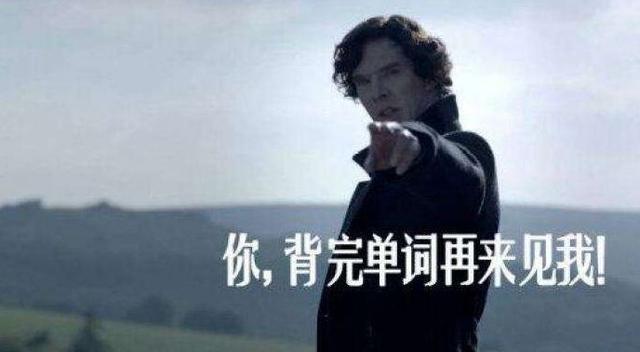
The Halloween celebration comes from All Hallows Day or All Saints Day, the 1st of November. This was originally a pagan festival of the dead, but later became a holiday to honor Christian saints.
Halloween这个词来自于All Hallows Eve(夜晚), All Hallows Eve是All Hallows Day前一天的缩写。人们认为在当天晚上, 亡者的灵魂会重新复活!
The name Halloween comes from a contraction of All Hallows Eve (Evening), the day before All Hallows Day. On this night it was believed that the spirits of the dead would try to come back to life!
11月1日 万圣节:Hallowmas/ Allhallows
10月31日 万圣夜:Halloween
Dressingup in costumes是最受欢迎的万圣节风俗之一,尤其是受孩子们的欢迎。按照传统习俗,人们会dress upin costumes(穿戴一些特别的服装,面具或者装饰)来吓跑鬼魂。
Dressingup in costumes is one of the most popular Halloween customs, especially among children. According to tradition, people would dress up in costumes (wear special clothing, masks or disguises) to frighten the spirits away.

在十月三十一日爱尔兰的孩子们用土豆和罗卜制作“杰克的灯笼”,他们把中间挖掉、表面上打洞并在里边点上蜡烛。为村里庆祝督伊德神的万圣节,孩子们提着这种灯笼挨家挨户乞计食物。这种灯笼的爱尔兰名字是“拿灯笼的杰克”或者“杰克的灯笼”,缩写为Jack-o'-lantern ,现在拼写为jack-o-lantern。
Well, Irish children made Jack's lanterns on October 31st from a large potato or turnip, hollowed out with the sides having holes and lit by little candles inside. And Irish children would carry them as they went from house to house begging for food for the village Halloween festival that honored the Druid god Muck Olla. The Irish name for these lanterns was "Jack with thelantern" or "Jack of the lantern", abbreviated as "Jack-o'-lantern" and now spelled "jack-o-lantern."

The jack-o-lantern is the symbol of Halloween.
“空心南瓜灯”是万圣节的象征。
Jack o' Lantern 的传统来自于一个民间传说。一个名叫Jack的人戏弄了恶魔,之后就不得不提着一盏灯在地球上流浪。Jack o' Lantern是用雕刻成脸型, 中间挖空, 再插上蜡烛的南瓜做成的。
The tradition of the Jack o' Lantern comes from a folk tale about a man named Jack who tricked the devil and had to wander the Earth with a lantern. The Jack o'Lantern is made by placing a candle inside a hollowed-out pumpkin, which iscarved to look like a face.

Trick or Treating is a modern Halloween custom where children go from house to house dressed in costume, asking for treats like candy or toys. If they don't get any treats, they might play a trick (mischief or prank) on the owners of the house.
里边的人们应该评价我们的化装。 “噢!这是鬼,那是女巫,这是个老太婆。” 有时候他们会跟我们一起玩,假装被鬼或者女巫吓着了。但是他们通常会带一些糖果或者苹果放进我们的“恶作剧还是招待”的口袋里。可是要是没人回答门铃或者是有人把我们赶开该怎么办呢?
The people inside were supposed to come to the door and comment on our costumes. Oh! here's a ghost. Oh, there's a witch. Oh, here's an old lady. Sometimes they would play along with us and pretend to be scared by some ghost or witch. But they would always have some candy and maybe an apple to put in our "trick or treat bags." But what if no one come to the door, or if someone chased us away?

Then we'd play a trick on them, usually taking a piece of soap and make marks ontheir windows. And afterwards we would go home and count who got the most candy. One popular teen-agers' Halloween trick was to unroll a roll of toilet paper and throw it high into a tree again and again until the tree was all wrapped in the white paper. The paper would often stay in the tree for weeks until a heavy snow or rain washed it off.
这并不造成真正的伤害,只是把树和院子搞乱,一种万圣节的恶作剧。
No real harm done, but it made a big mess of both the tree and the yard under it. One kind of Halloween mischief.
文章部分摘自:沪江英语
欢迎分享
借着图画轻松愉快地学习英语
,




